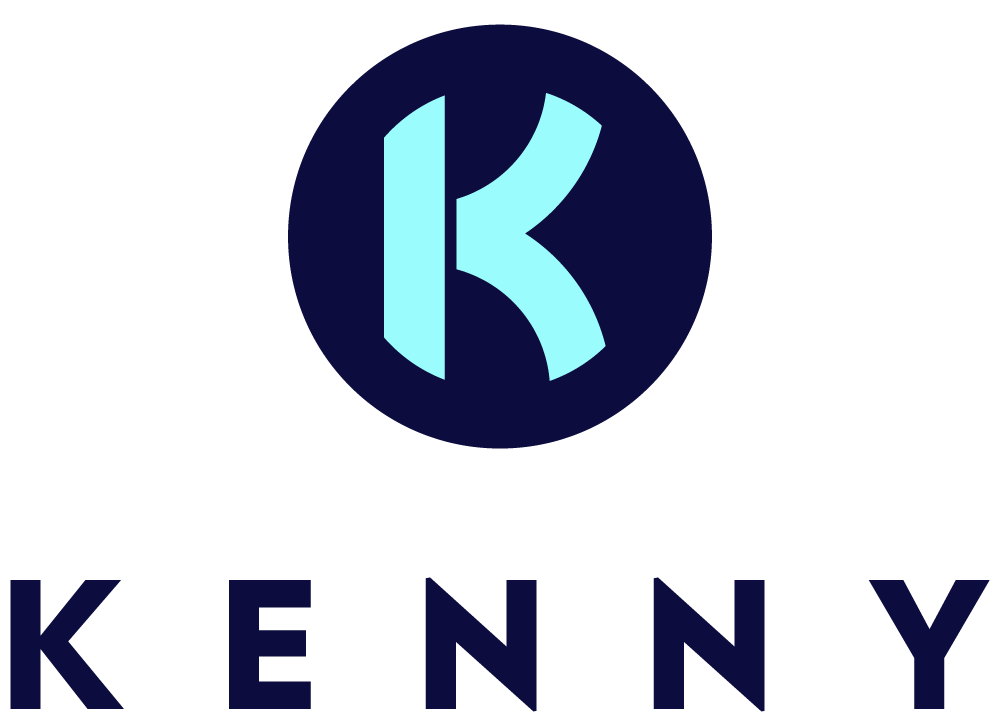CV Myths Debunked
Sitting down to write or update your CV can seem really daunting, especially if you have no real idea what employers are looking for. So you may be tempted to ask a friend for tips, go online, or just use what you might think is common sense. Putting yourself in the employer’s shoes is a good idea, but if you’ve never been in that position, how would you know what to look for? This is where myths come into it. These can often seem like ‘rule of thumb’ ideas that you take as gospel, but in reality they are hurting you more than you realise!
CVs should never be longer than 2 pages
The first and most common prevailing myth about CV writing. A CV shouldn’t go longer than 2 pages because no one has time for that! Or, if you can’t summarise your experience in just a few paragraphs you aren’t able to sell yourself properly. This idea is WRONG!
Let’s break it down. Whilst CVs don’t have a set pattern, it’s safe to say that most will need some form of personal statement, employment history, education, and finally a small section about your personal interests or any additional information. Education itself can, depending on the person, take half a page on it’s own. Especially if the education is directly relevant to the roles you're applying for. Personal statement? A solid paragraph could also run up a significant amount of page space.
That then leaves you with roughly one page to put all your work experience, which may well be enough if you have only had one or two roles. But if you’ve had a multiyear, diverse and engaged career, there’s absolutely no way you can adequately summarise your experience in just one page, unless you’re making your font minuscule!
Don’t be afraid of page 3, or even 4 if needed. A good CV should grab the hiring manager’s attention in the first few seconds, but once you have their attention, you keep it for however long your CV takes to read!
All gaps must be explained in detail
This can be a source of great anxiety for people who perhaps have needed to take a break from employment for a time. Be it a month or a year, there are many reasons why someone might need to take a break. Common reasons for this could be maternity/paternity leave, looking after a family member in need, travelling, etc.
Especially for roles that unexpectedly ended in March 2020 as many employers will be aware that the tumultuous economy of the Covid Pandemic has led to many gaps in CVs that otherwise wouldn’t be there. Regardless of the reason, you don’t need to detail these on your CV. In 2022 employers are far more understanding that people aren’t machines and won’t always have a completely uninterrupted career. If they want to question it they will save this for the interview!
Education is the most/least important section
Education, education, education. What to do with it? Where does it go? Is it even important? There are a few myths around CV writing about education, but honestly, there really aren’t any specific rules or requirements. The most important thing to do is recognise what the role you’re applying for is wanting.
Read through the job description of each role, identify the needs, and if they have any requirements from applicants make sure you prioritise them. So, if a role is asking for a specific degree, qualification, or grade, make sure that the employer can see straight away that you meet this criteria.
Secondly, if the job description doesn’t mention any educational requirements you need to assess yourself and anticipate if your educational experience is going to be relevant. A recently earned top-class degree from a Russell Group university? You may want to prioritise this front and centre even if they aren’t asking for it, alternatively, if you’re a bit long in the tooth and your work experience vastly outweighs any influence your education has, you might want to think about reducing the amount of time spent on this section. Ultimately there is no rule of thumb, and that’s the point. Everyone’s experience is unique, so prioritise your education to the degree that you personally feel is important.
CVs should include everything you have ever done.
Personally, I’m often of the opinion that no experience is wasted experience, and everything can add character and value to a CV. But this is not to say that literally, everything needs to be explained in detail. A myth that is perpetuated largely out of fear or uncertainty is that you need to get everything on paper just in case. At the start of your career? Sure, this is definitely something that you’re probably going to need to do otherwise you run the risk of just having your GCSE grades and the fact that you play sport, which isn’t going to be enough. Alternatively, if you’re 20 years into a career you aren’t going to need to go into detail about the part-time gig you did at your local pub when you were 18.
The key isn’t including everything, it’s being able to identify what is and what isn’t relevant to either your job search or for an accurate depiction of your personality. If something is personally important to you, but not necessarily relevant to your application, keep it in as it shows the reader more about who you are. But make sure to maximise your space on the page. Employers will often not need too much detail on job titles that largely speak for themselves. Worked in fast food, or in retail as a sales assistant? Your employer will likely understand the responsibilities of the role without needing lots of in-depth explanation!
One CV for every application
The elusive ‘perfect CV’ is not real. I’ve seen dozens of CVs that try to ‘play the field’ so to speak, be perfect for any job title or role they want to apply for, hoping to find the perfect combination of words and phrases to tick every box imaginable. This approach is the wrong way to go. Try to get in the habit of tailoring your CV to each application! It’s incredibly rare to find two job descriptions or roles that are identical, and therefore the CVs that you send to these roles should reflect this!
If you find yourself falling into these traps and need some help figuring out how to get it right please do get in touch at josh@wearekenny.com!



